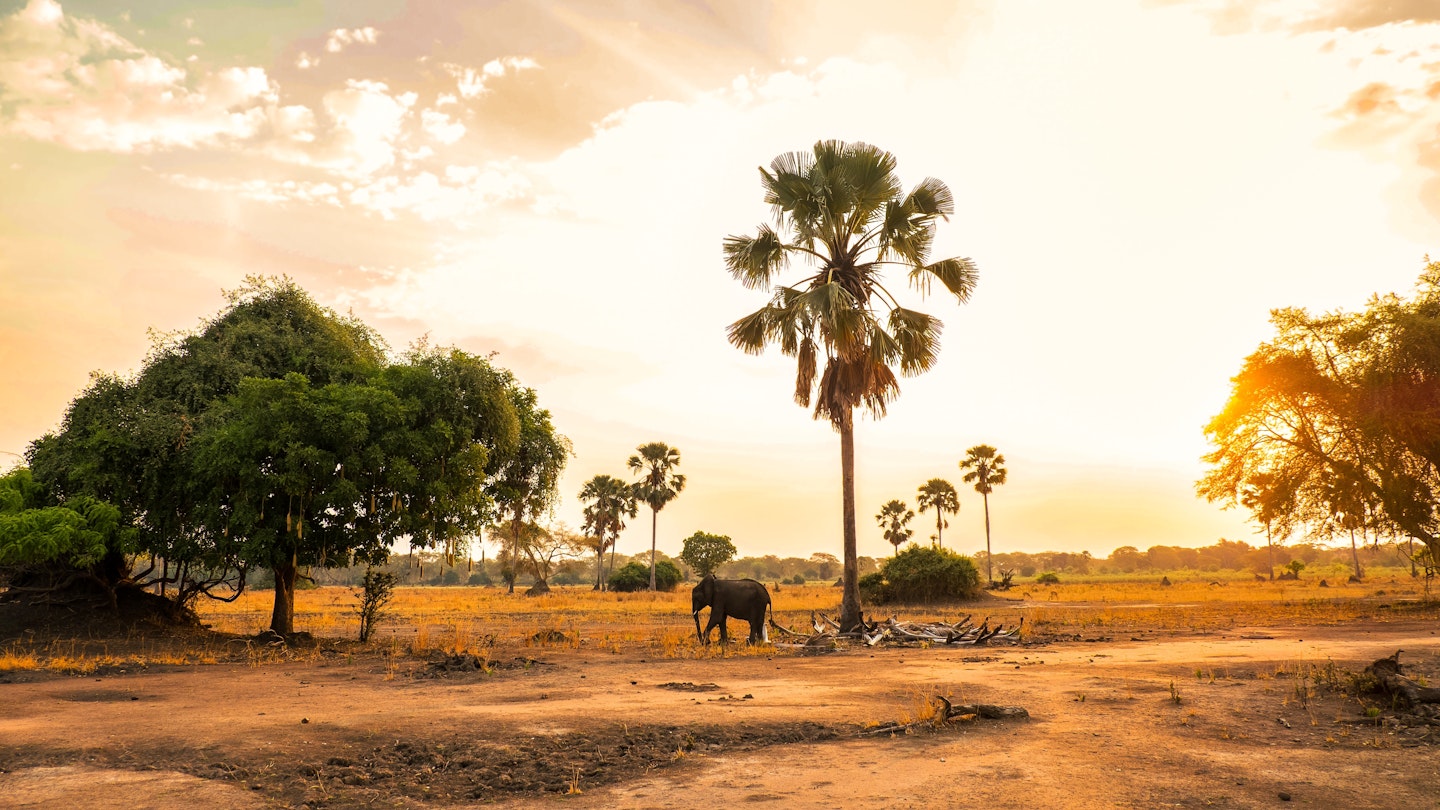Discover Malawi: The Warm Heart of Africa
Malawi, often referred to as “the warm heart of Africa,” promises a warm welcome that enhances your travel experience, from enjoying Malawi gin at sunset to witnessing awe-inspiring wildlife like massive elephant herds and graceful cheetahs. This southeastern African gem is a must-visit for nature lovers and adventure seekers alike.
The outer beauty of Malawi is captivating, with the stunning Lake Malawi teeming with vibrant cichlid fish and the majestic Mulanje Massif inviting hikers to explore. National parks across the country have seen a remarkable resurgence in wildlife, providing breathtaking opportunities for tourists.
When to Visit Malawi
The best time to visit is generally from May to September, when the weather is mild and pleasant. While October might bring intense heat, it is also the ideal season to witness wildflowers blanketing the beautiful Nyika Plateau. The emerald season in April showcases lush greenery following the rains, although dense vegetation could hinder wildlife sightings. From November to March, the rain can cause travel disruptions; however, this season also tends to attract fewer tourists, offering a more authentic glimpse into Malawian life.
For music enthusiasts, September hosts the vibrant Lake of Stars music festival, which blends local and international rhythms, enriching the cultural experience. Additionally, the Sand Music Festival and the Cape Maclear Carnival are held around the same time, stimulating a lively, festive atmosphere.

Duration of Stay in Malawi
For a thorough exploration of Malawi, consider dedicating at least a month. If your primary goal is to attend the Lake of Stars festival, plan to visit at least two additional sites for a well-rounded experience. A week offers a delightful taste of what this beautiful country has to offer, including a visit to Liwonde National Park for elephant and hippo sights, followed by time at the Livingstonia escarpment for budget-friendly accommodation that promotes ethical travel.
Getting Around Malawi
Travelers typically fly into Lilongwe or Blantyre, with various transport options available for getting around. A reliable coach network connects major urban hubs; however, minibuses are not recommended due to long wait times for full capacity and uncomfortable travel conditions.
The antique MV Ilala ferry offers a scenic route along Lake Malawi, linking major settlements and providing a relaxing travel alternative. Be prepared, though, to refer to the often fluctuating timetable, as delays are common.

Top Activities in Malawi
For an authentic Malawian experience, consider staying at local lodges in Cape Maclear where you can immerse yourself in the local culture. Enjoy community life at inexpensive but charming lodgings such as beachfront huts. Engage in various activities like:
- Boat trips to Thumbi Island for snorkeling with colorful fish.
- Kayaking along the picturesque lakeshore.
- Sampling fresh local dishes at nearby eateries.
My Favorite Experience in Malawi
One of the best places to visit is the Lilongwe Wildlife Centre, a serene oasis amid the city. This sanctuary rehabilitates orphaned and injured wildlife, allowing visitors to observe animals and learn about conservation efforts. It also features a lovely café and a craft stall showcasing local artistry.

Budgeting for Your Trip to Malawi
Malawi can be enjoyed on various budgets; mid-range lodges provide great value for your money, and meals are affordable. The country’s jewelry and crafts are a delight and budget-friendly.
For those interested in safaris, Malawi provides excellent value in comparison to its neighboring countries. Parks like Liwonde offer both camping options and locally owned lodges, with reasonable entry fees. Here are some local price guidelines in USD:
- Beachside thatched lodge: $30–90+ per night
- Coach ticket Lilongwe–Blantyre: $6
- All-inclusive luxury safari lodge stay: $400+
- Tailor-made suit: $15
- Samosa snack: $1
- Dinner for two: $25
- Heineken beer at the bar: $2
Currencies and Payments in Malawi
Cash is essential in Malawi, as many smaller establishments and cafés do not accept credit cards. Carry some U.S. dollars for exchange or emergencies; while larger hotels and restaurants may accept them, most transactions will be conducted in the local currency: the kwacha.
Water Safety Tips
It’s important to note that tap water in Malawi is not potable. Instead of purchasing bottled water, invest in a high-quality filtration water bottle, which eliminates impurities and ensures your drinking water is safe.




